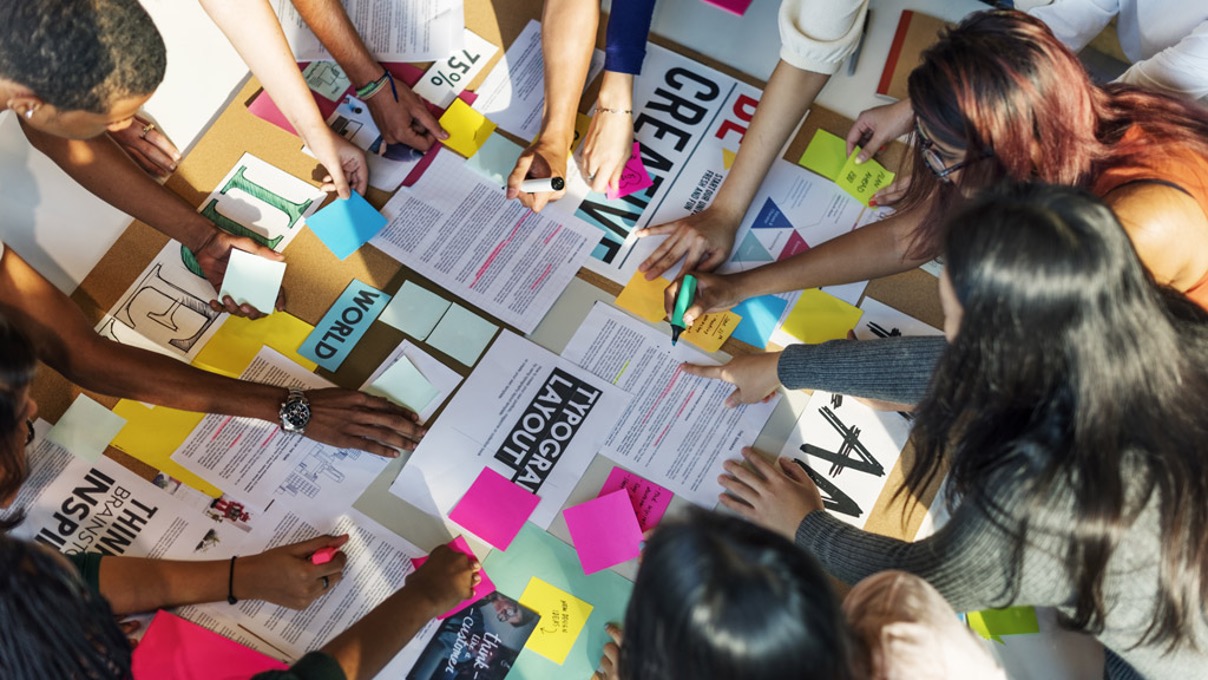
SM influencers made “DO YOUR RESEARCH!” 2021’s viral refrain, deploying it to stop conversation in favor of misinformation. Academics, by contrast, use research to open ideas to contestation and further elaboration. Fostering critical thinking and independence of mind, a liberal education aspires to cultivate human freedom. Antiracist writers Ibram Kendi and Jason Reynolds pursue this freedom by identifying a learning culture in which systemic and structural racism impacts knowledge production. Publishing Stamped amidst a smear campaign against CRT, they contend with critics who would call their book indoctrination. How would you respond to such a charge? To help you formulate your reply, we’ll study a range of antiracist interventions in the fields of sociology, history, art, and philosophy. We’ll consider parallel artistic engagements in Eleanor Burgess’s campus play The Niceties (2016) and Mariama Diallo’s campus thriller Master (2022). We’ll also read creative writing professor Paisley Rekdal’s Appropriate: A Provocation to explore how antiracist questions can change how we talk about literature. As you imagine what an antiracist education looks like and craft researched visions of your own, you will be forming the writing and research habits that will prepare you for the next four years.
Our specific section of FYS will expose you to a small sample of scholarly engagements on the topic of race and racism within the broader conversation around issues of identity and identification. Together, we will consider what distinguishes academic discussions of racism from parallel discussions of racism in the public sphere. Taking the summer reading as a key entry into this project, we will practice the methods of critical cultural studies the close linguistic analysis of mass circulated work in order to discern its sources of power and consider its institutional effects As a bestseller, Stamped qualifies as a mass circulated work. Stamped is also the first text you were asked to read in your undergraduate career. What does beginning with Stamped mean to you? How do you see Stamped fitting into a liberal arts curriculum? The College Mission Statement? As we continue our reading in the course, we will return to Stamped to ponder its project and purpose. In writing, I will ask you to identify what is at stake for its authors and what is at stake for you as a college reader and writer engaging their ideas.- Teacher: Clare Sigrist